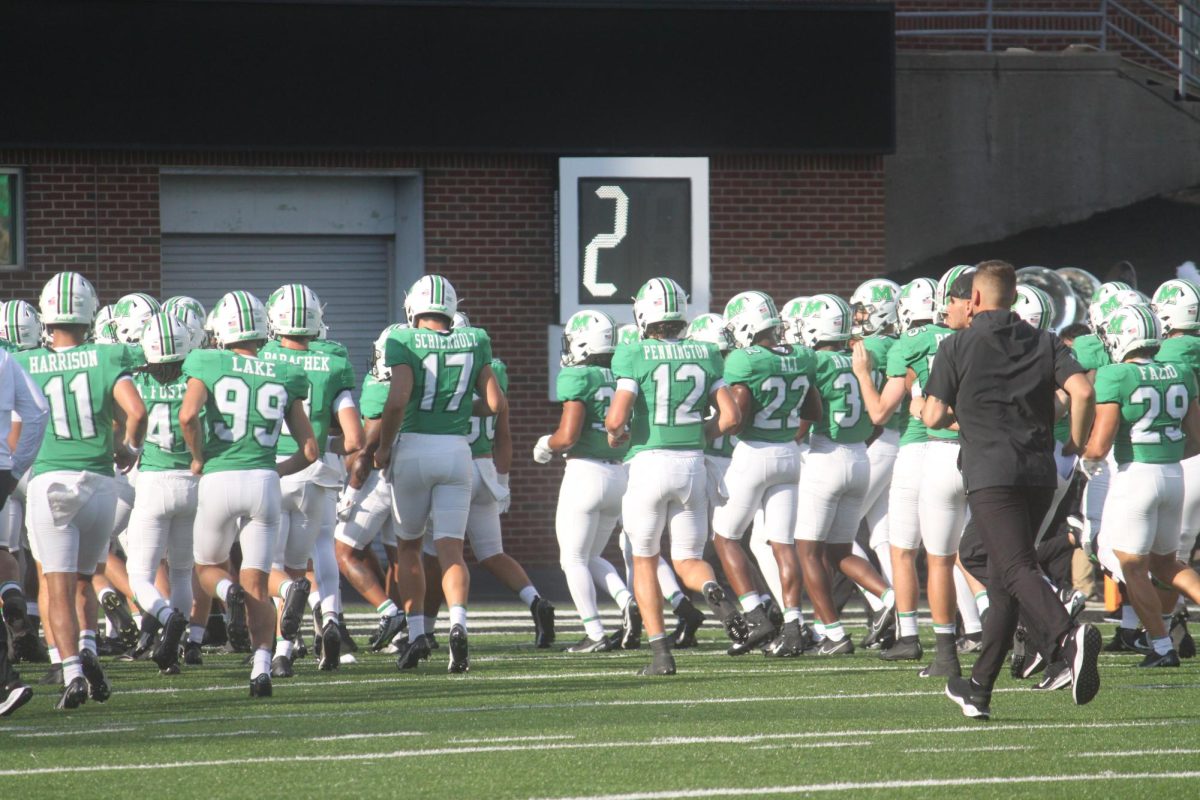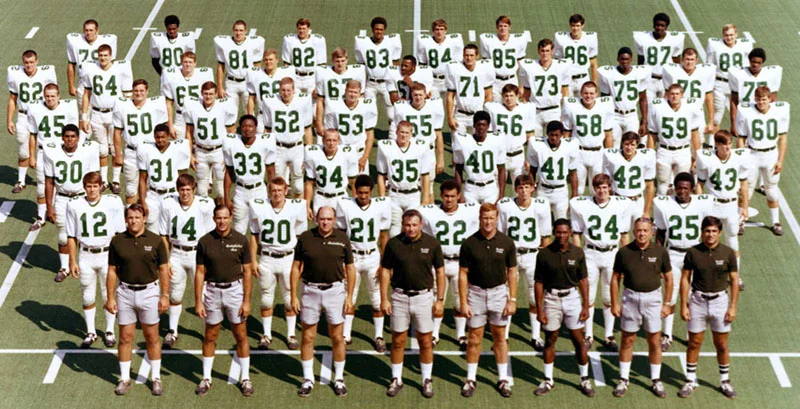A new study shows most college graduates are working jobs that don’t require degrees, raising the question of the costs versus the benefits of pursuing a degree.
The study, conducted by The Burning Glass Institute and the Strada Institute for the Future of Work, found 52% of college graduates with no advanced degrees are currently underemployed based on their level of qualification with the number remaining at 45% 10 years after graduating.
“Most students’ families, policymakers and educators look to higher education as a bridge to economic opportunity and mobility,” the study said. “While a college education is still worth it for the typical graduate, it’s not a guarantee; college students face an increasing risk.”
As colleges and universities across the nation are attempting to combat dropping enrollment numbers following the COVID-19 pandemic and resulting economic environment, many of those who manage to graduate are turning to low paying jobs that don’t require a degree.
This puts prospective students in a vulnerable spot of cost-benefit analysis, with one in every four higher education programs earning them a salary of less than $32,000 a year.
Meanwhile, the average cost to attend a public four-year in-state institution is $104,108 total or $26,027 per year in the United States, according to educationdata.org, which is perpetuating the current student debt crisis.
With an estimated 43.5 million Americans currently holding student loan debt, the cost of underemployment for recent college graduates is noticeable.
The study reveals while recent grads who enter the workforce with a college-level job still earn 88% more than those who only possess a high school diploma, those who enter the workforce in an underemployed job only make 25% more.
This statistic points out the importance of the first job post-graduation, with the study finding those who start their career in a college-level job rarely slide down the ladder into underemployment, with 86% of them remaining in a college-level job over the next 10 years.
However, not all degrees are equal in levels of underemployment, with computer science, engineering, mathematics or math-intensive business degrees experiencing the lowest underemployment rates at 35%. Meanwhile, graduates with majors in public safety and security, such as criminal justice, recreation and wellness and general business fields like marketing, face the highest with 57%.
Notable other factors in graduate underemployment rates include the academic institution the graduate attended, as well as race, ethnicity and gender.
Graduates from more exclusive academic institutions, such as the Ivy League, are less likely to experience underemployment than those who attend public, state-funded schools.
Black and Hispanic degree holders are substantially more likely to be underemployed than white graduates, and men are more likely than women.
While all these factors can work against a recent graduate, there is one factor the study found had a positive impact on a prospective graduate looking to enter the workforce after graduation: experience.
According to the study, those who enter internships while completing their undergraduate studies saw a risk of underemployment decrease by nearly half. By gaining experience from an internship, graduates are more likely to enter the workforce at a college-level job with most employers emphasizing experience over qualification.
“The odds of underemployment for graduates who had at least one internship are 48.5% lower than those who had no internship,” the study said. “The benefits associated with completing an internship are relatively strong across degree fields.”
Students looking to enter the workforce in their field of study must prioritize gaining experience to get their foot in the door, with many of those who wait until post-graduation finding themselves on the outside looking in.



















